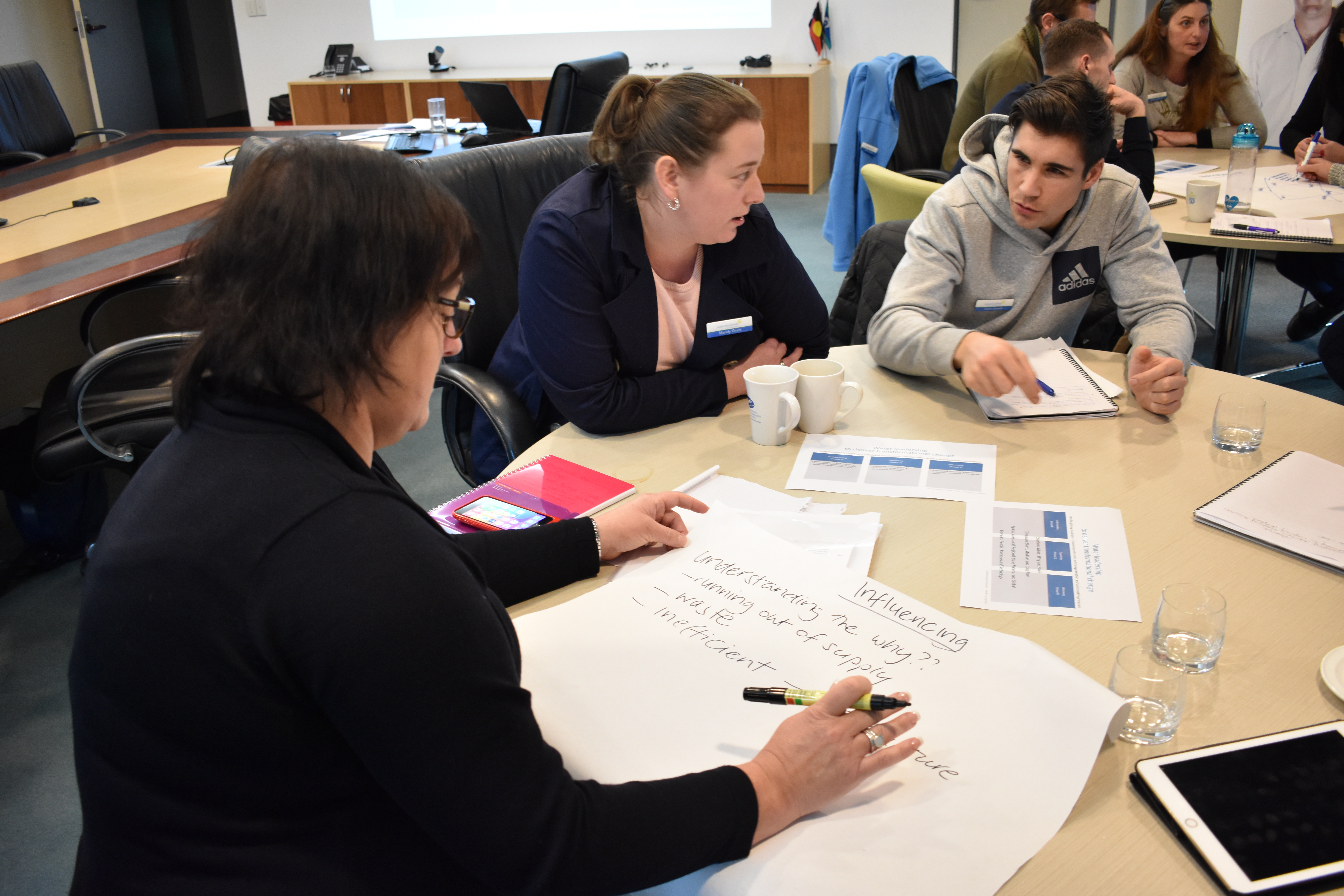 Buy Ambien Buy Xanax Buy Tramadol
Buy Ambien Buy Xanax Buy Tramadol
 Apply Now
Apply Now
 Buy Ambien Buy Xanax Buy Tramadol
Buy Ambien Buy Xanax Buy Tramadol
 Apply Now
Apply Now

Developing our region's aspiring and emerging leaders
Community leadership is far more challenging than leadership in any other sector in the sense that there is little capacity to use authority to compel others to act. For our communities to be healthy and resilient more people need to be inspired to exercise leadership in a purposeful, provocative and inclusive ways in pursuit of the common good.
Simply limiting our idea of ‘good citizenship’ to only being activated when something threatens our everyday, LBWR aims to encourage participants to proactively exercise community leadership and accept a sense of shared responsibility to take conscious and intentional action to tackle complex issues and challenges. Community leadership must focus on energising and readying others to act. Leadership can not remain the exclusive territory of those in position of power and influence.
With this purpose in mind the LBWR Leaders’ Program uses a mixture of experiential, cognitive and reflective learning methods to develop social capacity in participants. An ongoing and highly valued experiential program, LBWR provides a unique development opportunity to inspire and mobilise emerging leaders in all corners of our community and encourages leadership that is inclusive and collaborative.
Special features
• LSI 1 – Leadership development parallels human development. Reflective of this principle LBWR offers both LSI 1 & 2 as personal leadership development tools to participants. LSI 1 is a self-assessment tool specifically designed to help you answer the important question of “Who am I, and what causes me to act the way I do?”
• LSI 2 – Often our intended impact as leaders is not what others see. Learning the difference can greatly enhance our self-awareness and improvement. In conjunction with LSI 1, the LSI 2 provides objective feedback on leadership behavioural patterns as interpreted by others allowing the participant to more accurately assess their strengths as well as identify areas they may want to improve.
• Case in Point – Developed at the Harvard University the Case in Point framework connects the dynamics in the moment, what is happening in the group, with key leadership concepts. This approach uses the learning space as a leadership laboratory allowing participants to demonstrate and practice leadership skills in the moment as they are learning.
• Experiential Community Learning – Participants are immersed in community organisations, interact with others in the community and explore relevant and timely community issues from around the region. Case studies and lived experiences further embed the leadership lessons learnt.